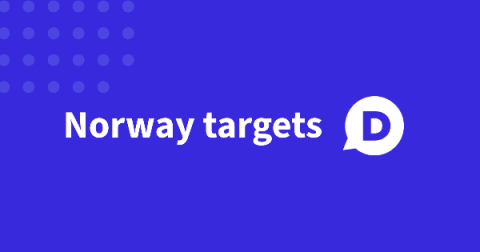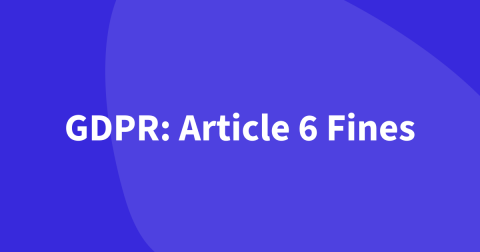Norwegian DPA issues GDPR non-compliance notice to Disqus
This year has already seen over 100 GDPR non-compliance decisions. Mostly limited to regional companies, but a few have made larger news. The latest company poised to be fined is Disqus. Disqus is a commenting platform that companies can embed in their sites or applications to allow visitors to leave comments on individual articles or pages. Norway's data protection authority has notified Disqus that they intend to issue a non-compliance fine of NOK 250,000,000 (about EUR 2,500,000).










